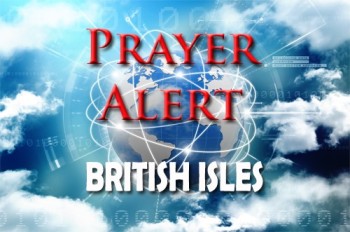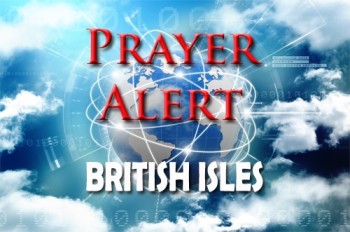Displaying items by tag: immigration debate
Farage says Church leaders 'out of touch' on immigration issue
Reform UK leader Nigel Farage has defended his hardline immigration plan, ‘Operation Restoring Justice’, which would see all illegal Channel crossings - including those by women and children - met with deportation if his party won power. He argued that the proposals align with Britain’s Judeo-Christian heritage, despite opposition from Church leaders, whom he accused of being 'out of touch' with ordinary believers. Farage suggested that criticism from bishops and 'The Establishment' was inevitable, but insisted meaningful change often comes through struggle. His plan includes withdrawing from the European Convention on Human Rights, scrapping the Human Rights Act, and suspending treaties used by courts to block deportations. Labour dismissed the proposals as an 'unworkable gimmick,' while Conservative leader Kemi Badenoch accused Reform of copying Tory policies. The announcement follows rising protests near asylum seeker accommodation and record asylum claims in 2024. Reform UK claims it could deport up to 600,000 people in its first term. See
Two sides of England’s ‘flag wars’, from a town at the heart of the debate
A surge in flag-flying across Blackley, north Manchester, has sparked fierce debate about patriotism, immigration, and racism. England and Union Jack flags now line lamp posts and homes, part of a wider campaign called 'Raising The Colours’. Supporters argue it is a proud display of national identity and frustration with government failures on illegal migration, insisting the flags are not racist. Don and Anne Lees, who joined the movement, said it made them 'proud to be English’. Yet critics see the campaign as intimidating, echoing past racial tensions. One resident compared the masked men who put up flags at night to the far right of the 1970s, warning that Polish neighbours might feel threatened. While some shopkeepers welcome the extra sales, others worry that it risks division. Labour MP Graham Stringer said patriotism has deep roots in Blackley and insisted national flags 'shouldn’t feel threatening’, urging people not to see them as owned by extremists. Rising asylum numbers and strained services fuel the controversy.

